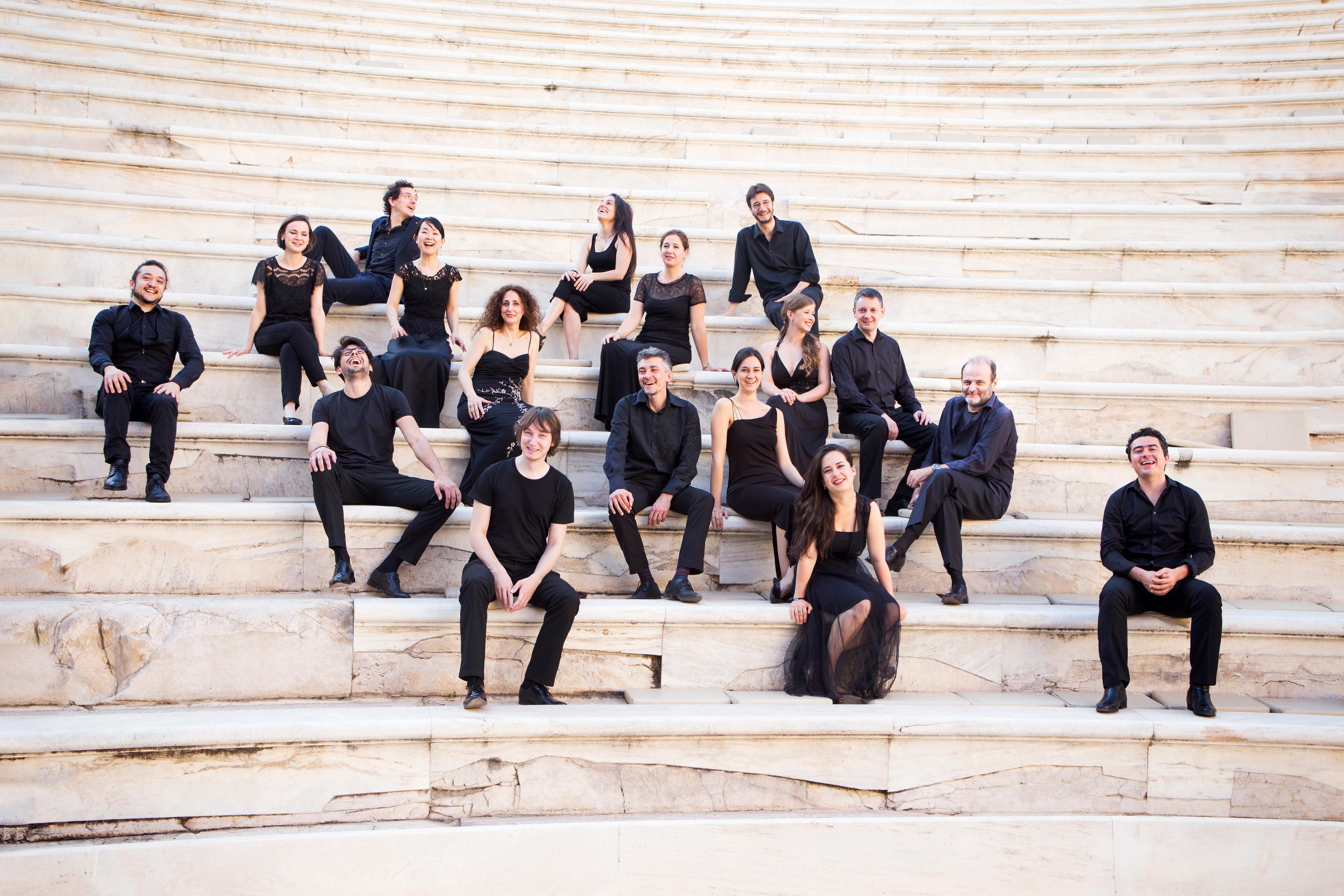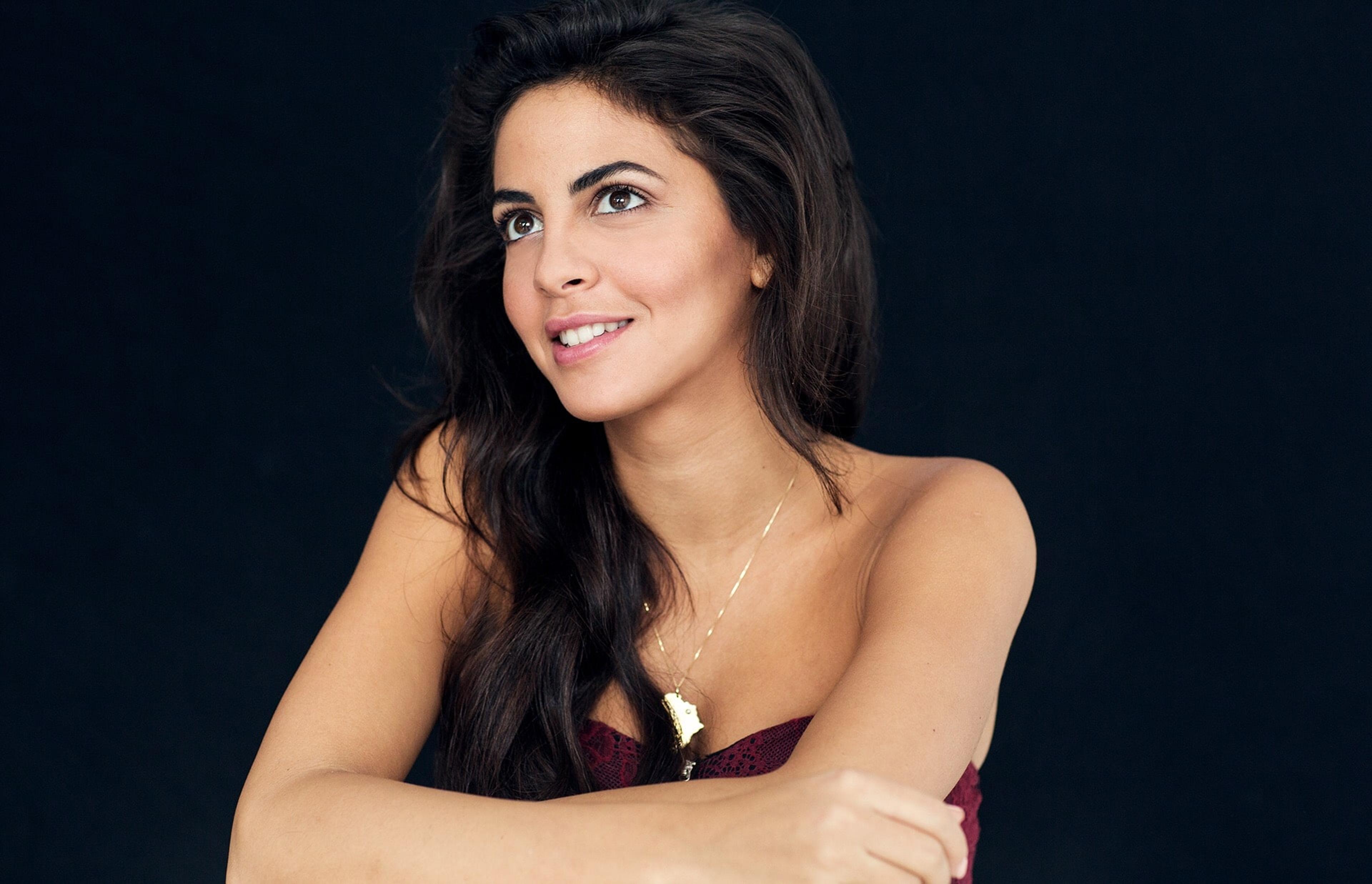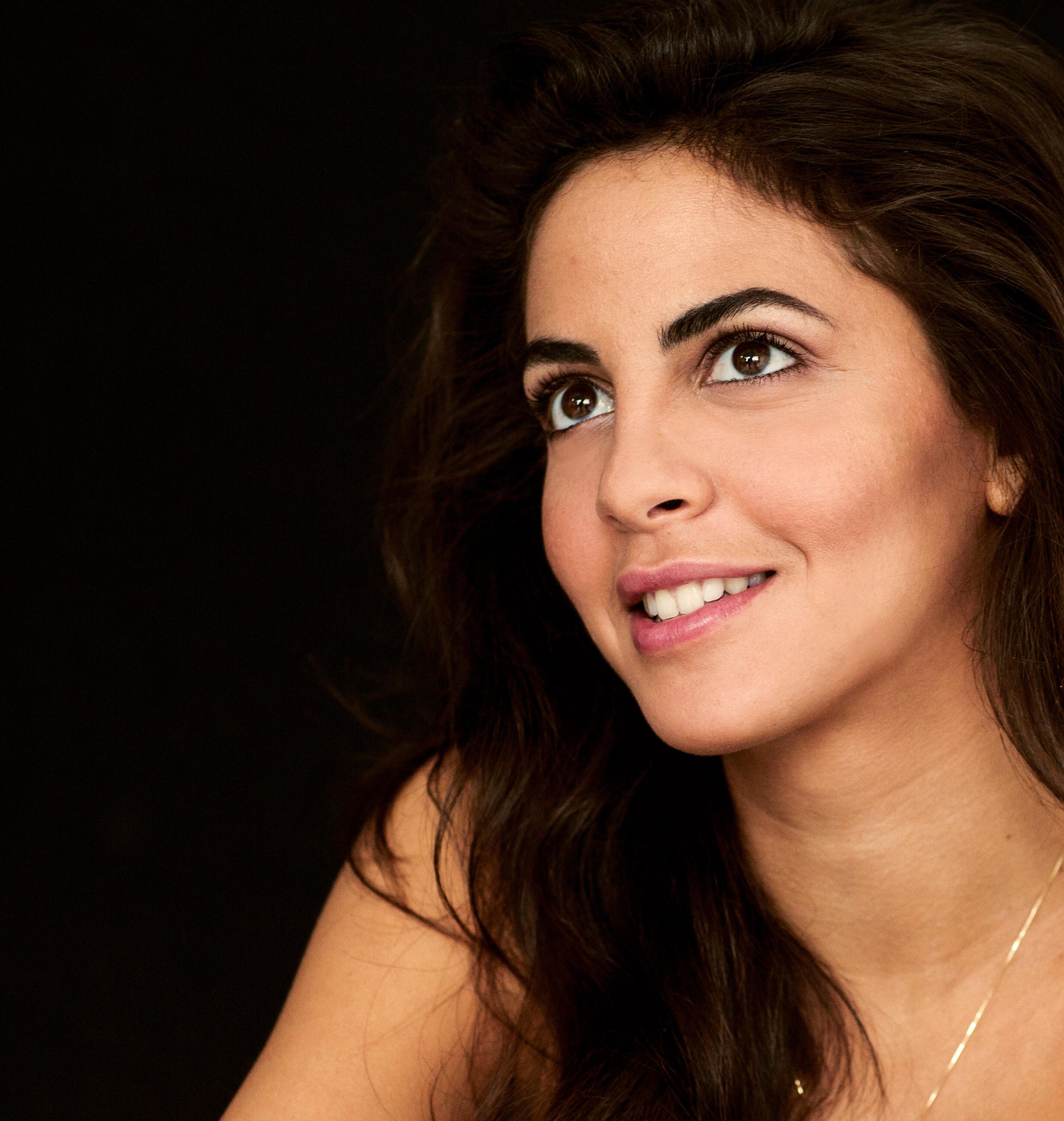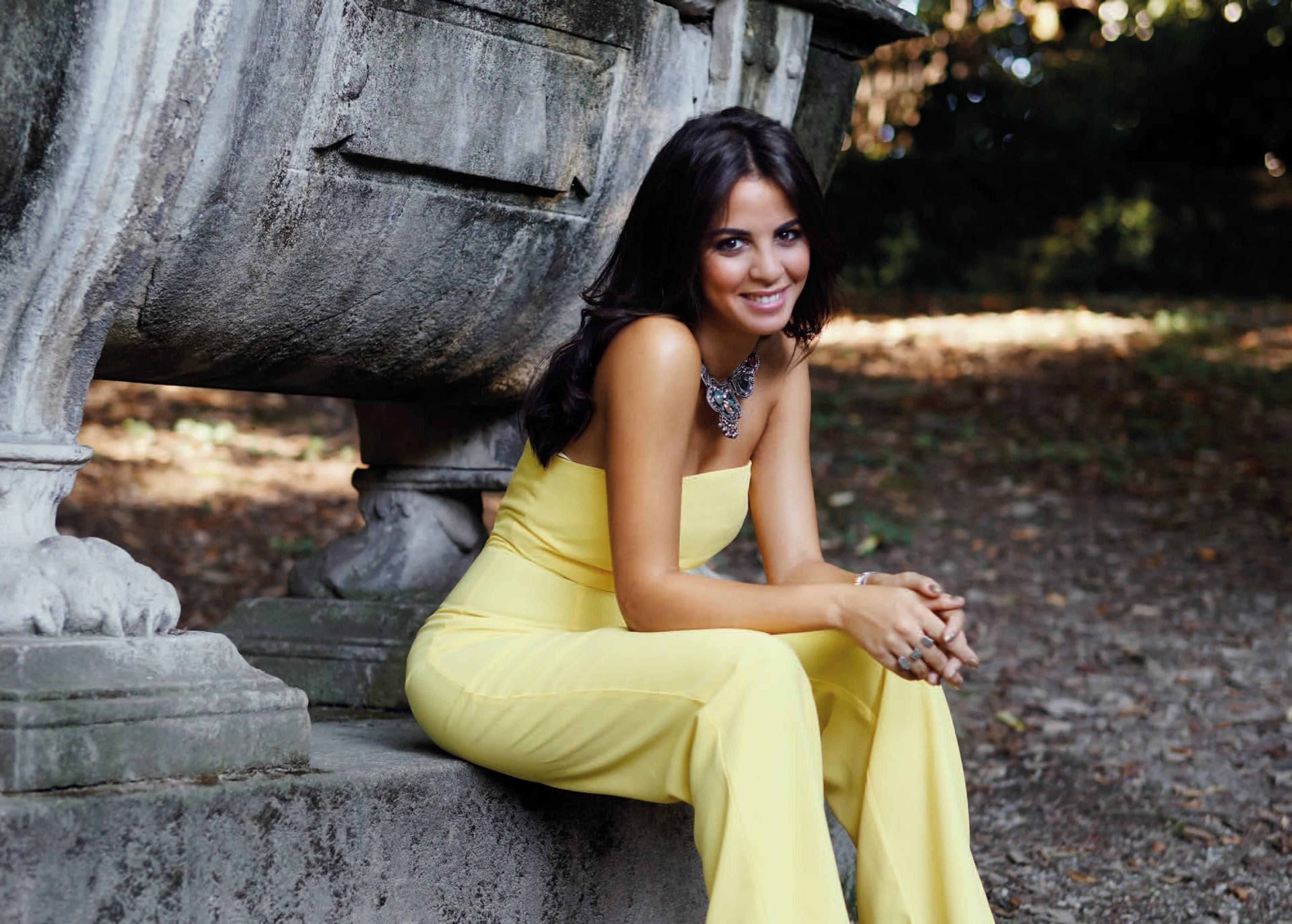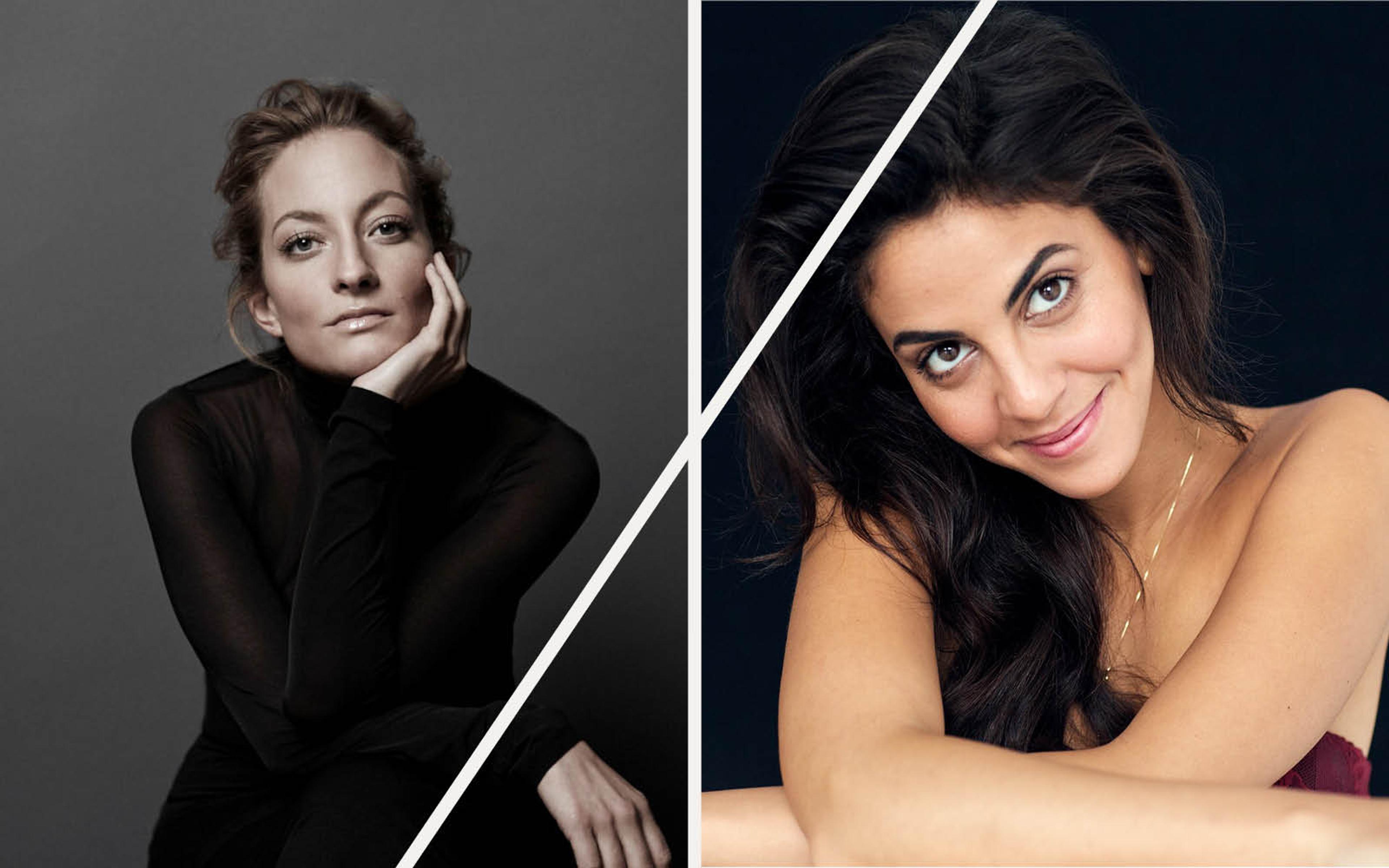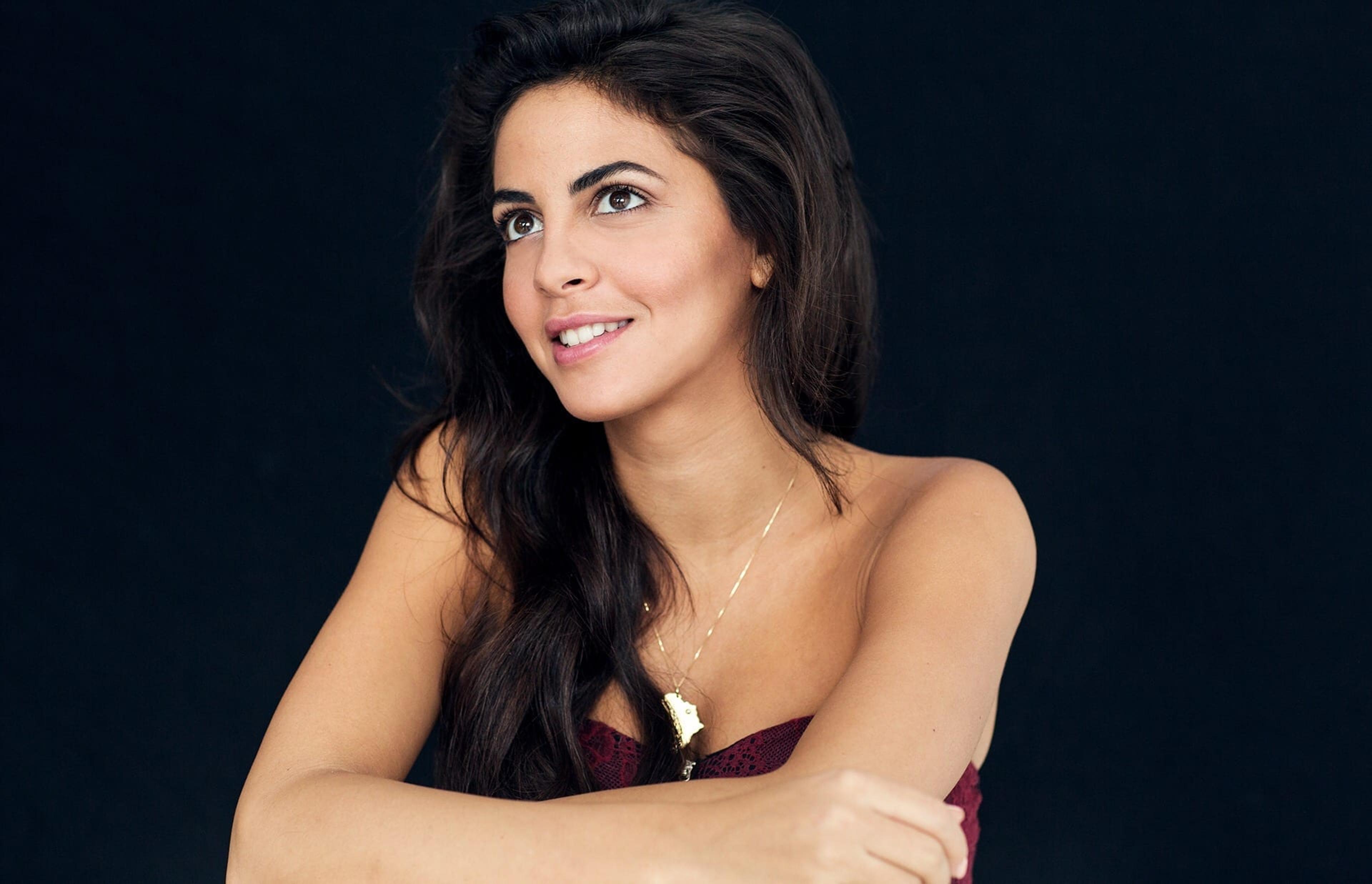FatmaSaid


News
- 31 January 2024
ON TOUR: il Pomo d’Oro tours Europe with Joyce DiDonato, Fatma Said and Hugh Cutting
Read full article - 25 May 2022
Fatma Said announced as Artist in Residence at Konzerthaus Berlin
Read full article - 23 September 2021
Fatma Said joins artists from across the music world for Global Citizen Live
Read full article - 14 April 2021
Fatma Said wins Newcomer of the Year at BBC Music Magazine Awards
Read full article - 16 October 2020
Fatma Said’s debut album, ‘El Nour’, released on Warner Classics
Read full article - 05 June 2020
Fatma Said’s debut album coming this autumn
Read full article - 29 July 2019
Fatma Said on becoming a singer, her love of song, and wanting to die on stage
Read full article - 04 May 2018
Fatma Said at the Luxor Temple in Egypt
Read full article - 21 February 2018
Christiane Karg and Fatma Said star in Orphée et Euridice at Teatro alla Scala
Read full article - 11 January 2018
Meet the artist: Fatma Said
Read full article - 11 January 2018
Askonas Holt welcomes Fatma Said for general management
Read full article
Press
Through The Noise
Lafayette, LondonSep 2023‘This concert is going to have a lot of French music and also French film music, which I especially love’. One of the most highly internationally acclaimed young concert and opera artists of our time gives us a clue about her programme for an upcoming event on 17 September – but Egyptian soprano Fatma Said will not be performing it in a concert hall. She will be appearing at the Lafayette auditorium in London’s Kings Cross which bills its entertainments as ‘Live music, street food and drinks – all under one roof’. It will be her second appearance at one of the groundbreaking events organised by through the noise – the radical brainchild of co-founders and directors Jack Bazalgette and Jack Crozier in which greatly in-demand young classical artists come to crowd-funded venues and clubs to perform as part of evenings that also include sets of jazz, afro-beat and funk. The virtuoso Fatma Said triumphed with the audience for her first through the noise event at the Oslo Hackney earlier this year, singing music she had recorded last year for her enormously successful Warner Classics album Kaleidoscope. For Fatma Said this has been a profoundly rewarding discovery that reverberates with her strongly-felt ideals. She had already been highly extolled in an eclectic range of musical genres, and yet, as she explains, the invitation from through the noise was something appealingly new. ‘They told me, “Just do what you want.” Now nowhere else says that to me! That I could be 100% free in what I wanted to say was the first attraction when I was offered this possibility. But then what surprised me and what I didn’t see coming was the whole setting and the wonderful interaction with the audience. First of all, there are no chairs – everyone is standing all the time – so the atmosphere is like it is at a pop concert where the audience always stands informally, and I love that. I would say the average age group is between around 18 and 40, and these are not people who go to opera houses and concert halls, so the fact that I could perform in front of them meant a lot to me. For classical music’s future I think it is really important that an initiative like through the noise should take place more and more because it gives the opportunity for the artist to go to the places where young people are – and that is how we can nurture this generation’s love of classical music. If we don’t reach out to them, they will have zero interest in coming to our concerts – but if we go to them in their places instead of trying to devise ways of bringing them to our concerts, then they are going to become our new audience later on.
- Classical Music
- 21 August 2023
Rectial
Carnegie HallApr 2023An impeccable sense for vibrato lent shimmer to Said’s broad range of vocal timbres. At times, her technique enriched the creamy splendor in her operatic mode. At others, it heightened the drama of her chesty lower register, an enrapturing evocation of the Romani singers associated with Spanish flamenco. And, in carefully meted moderation, Said used that choice vibrato to develop glints of intensity in her stunning, straight-toned pianissimo. Time stood still when she spun those breathy whispers, her tone blossoming ever so gradually over fermatas sustained to near-superhuman length.
- Classical Voice SF
- 11 April 2023
Recital
Edinburgh International FestivalAug 2021Egyptian soprano Fatma Said came to fame as the first Egyptian to sing at La Scala, Milan, as Pamina in The Magic Flute; but this Edinburgh International Festival debut was carefully crafted to show that she can do a lot more than Mozart. She cuts a slight but glamorous figure on stage, and as soon as she opens her mouth you can tell why La Scala was keen to hear her in Mozart. The voice is light and deliciously fresh, with a bright, silvery top. In Mozart terms, hers is a soubrettish Zerlina or a Blonde, a voice in whose company it is really delightful to spend an hour. She also acts delightfully as she sings, investing today’s Mozart songs with lots of power and urgency. Each of these songs, after all, is a little drama of its own, and Said pays them the great compliment of taking them seriously on their own terms rather than as consolation prizes for the operas. She found a touch of exoticism in Ravel’s Greek songs, an alluring sensuality entering the voice, revelling in Ravel’s eastern inflected chromaticisms. Nowhere was this more notable than in the ‘Song of the lentisk gatherers’, with its limpid sense of pleasure mixed with yearning.... ...She guides us clearly through the travelogue of ‘Asie’ with colour that was, by turns, mysterious, yearning, excited or tremulous; breathless in the pointed artifice of the final line. Perhaps the final Spanish songs were the most involving, however, because they contained so many surprises, be it the hyperactive piano line of Falla’s ‘Seguidilla murciana’ or the languid sorrow of his ‘Asturiana’. Said coloured her voice so carefully here that it was almost as though a different singer had sung the earlier Mozart, achieving a powerful impression of a cante jondo in Falla’s ‘Polo’, before performing the same marvellous differentiation in the dark lullaby of Lorca’s ‘Nana de Sevilla’. Not only was this recital technically perfect, but it showcased such a range of colour and vocal variety that it announces a major talent.
- Seen and Heard International
- 29 August 2021
